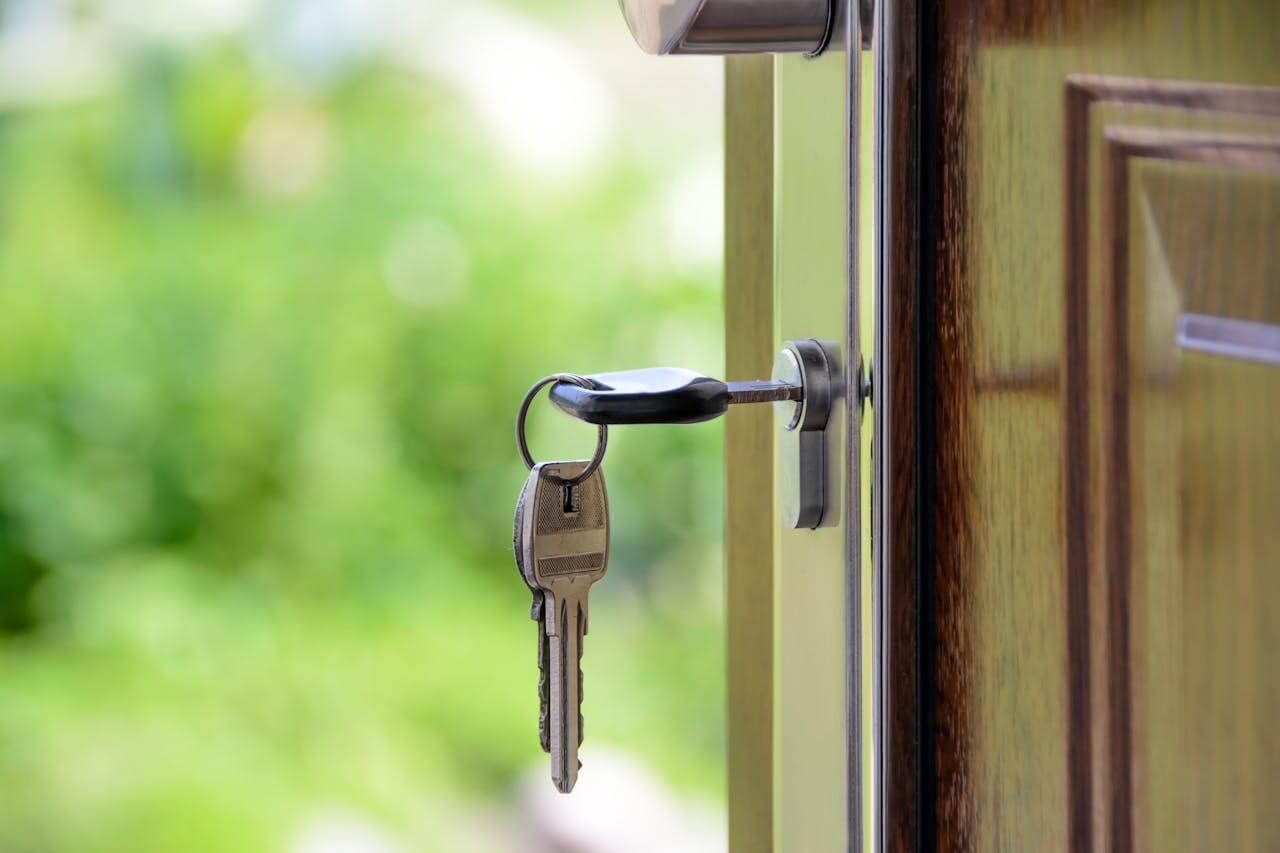
What is a Senior Stretch Loan?
A senior stretch loan can help you purchase a property …
Secured loans do not have an impact on your credit score in the long run unless you miss payments. Your credit score is a number score that represents your creditworthiness. It is influenced by the information in your credit history, making the two interconnected.
When you take out a secured loan, this can appear on your credit file, potentially reducing your credit score at first, until it is shown that you can make repayments on time. At this point, your credit score may even rise.
If you miss payments on your secured loan, then this shows lenders that you are not a reliable borrower, and your credit score will go down. A lower credit score means you may struggle to get approved for loans in the future. If you do get approved, a lower credit score can make it harder for you to get good deals on loan interest.
If you make your secured loan repayments on time, however, it tells lenders that you are a reliable borrower who makes their payments in full. This can raise your credit score. While you should never take out a loan just for the purpose of raising your credit score, it is a nice side effect that you can enjoy so long as you make your payments on time and in full.
No, having a secured loan will not hurt your credit history. When you secure a loan, most lenders will report this activity to the credit reference agencies who then compile your credit history, which includes details of your borrowing, payments, and any defaults. The addition of a secured loan to your credit history indicates your willingness to take on debt responsibly.
Not necessarily. Having a secured loan can have varying effects on your credit when you already have bad credit. There are plenty of bad credit loans offered by online lenders that can help you to get money in an emergency even if you had bad credit.
Getting a secured loan can offer an opportunity to rebuild your credit if you make on-time payments. Over time, responsible repayment of a secured loan can positively impact your credit, even if you started off with a low credit score.

Paying your secured loan back on time is generally beneficial for your credit. Timely repayments show lenders that you have responsible financial behaviour and this behaviour can boost your credit score over time. Having a secured loan with a good payment history can even be a positive factor in your credit profile.
No, but consolidating loans through a secured loan can have various effects on your credit. This is done through debt consolidation loans. On one hand, it may initially lower your credit score due to the new debt and the credit inquiry associated with the loan application.
However, if the consolidation allows you to manage your debts more effectively and make on-time payments, it can have a positive long-term impact on your credit. In the end, the effect on your credit score depends on how you manage your financial obligations after consolidation.
You decide to take out £20,000 using your home as collateral. You are expected to pay a monthly repayment with 8% interest. Initially, your credit score remains stable, but due to a job loss you miss many payments.
This shows lenders that you are currently not a responsible borrower. Your credit score takes a significant hit, dropping from 700 to 580 due to the default. As a result, your ability to access new credit or loans is limited, and you may face higher interest rates if approved.
The consequences of the default are long-term, as it remains on your credit file for six years, continuing to affect your financial stability and opportunities. However, it is not permanent, as you can always work to rebuild your credit.
Yes, defaulting on a secured loan will have a severe negative impact on your credit score. A default occurs when you fail to make the required loan payments as stipulated in your loan agreement.
When you default on a secured loan, the lender is likely to report this delinquency to the credit reference agencies. This negative information is added to your credit history and becomes a permanent part of your credit file.
One of the most immediate consequences of defaulting is a decrease in your credit score. A default signals to lenders that you pose a higher risk when borrowing money from lenders. As a result, your credit score may decrease significantly.
Defaulted accounts can remain on your credit file for six years from the date of default. During this time, they continue to exert a negative influence on your credit score and can affect your ability to access credit or obtain good interest rates on future loans.
As a result of a lower credit score, you may find it challenging to secure new credit or loans. Many lenders will view you as a higher-risk borrower and can either deny your loan applications or offer loans with less appealing terms and higher interest rates.
Beyond traditional loans, defaulting on a secured loan can also affect your ability to obtain other financial products, such as credit cards, mortgages, or even rental agreements. Landlords and financial institutions often check credit scores to assess an individual’s financial reliability.

A senior stretch loan can help you purchase a property …

A mortgage offer officially lasts for 3-6 months depending on …

If you have purchased a car through a dealership using …